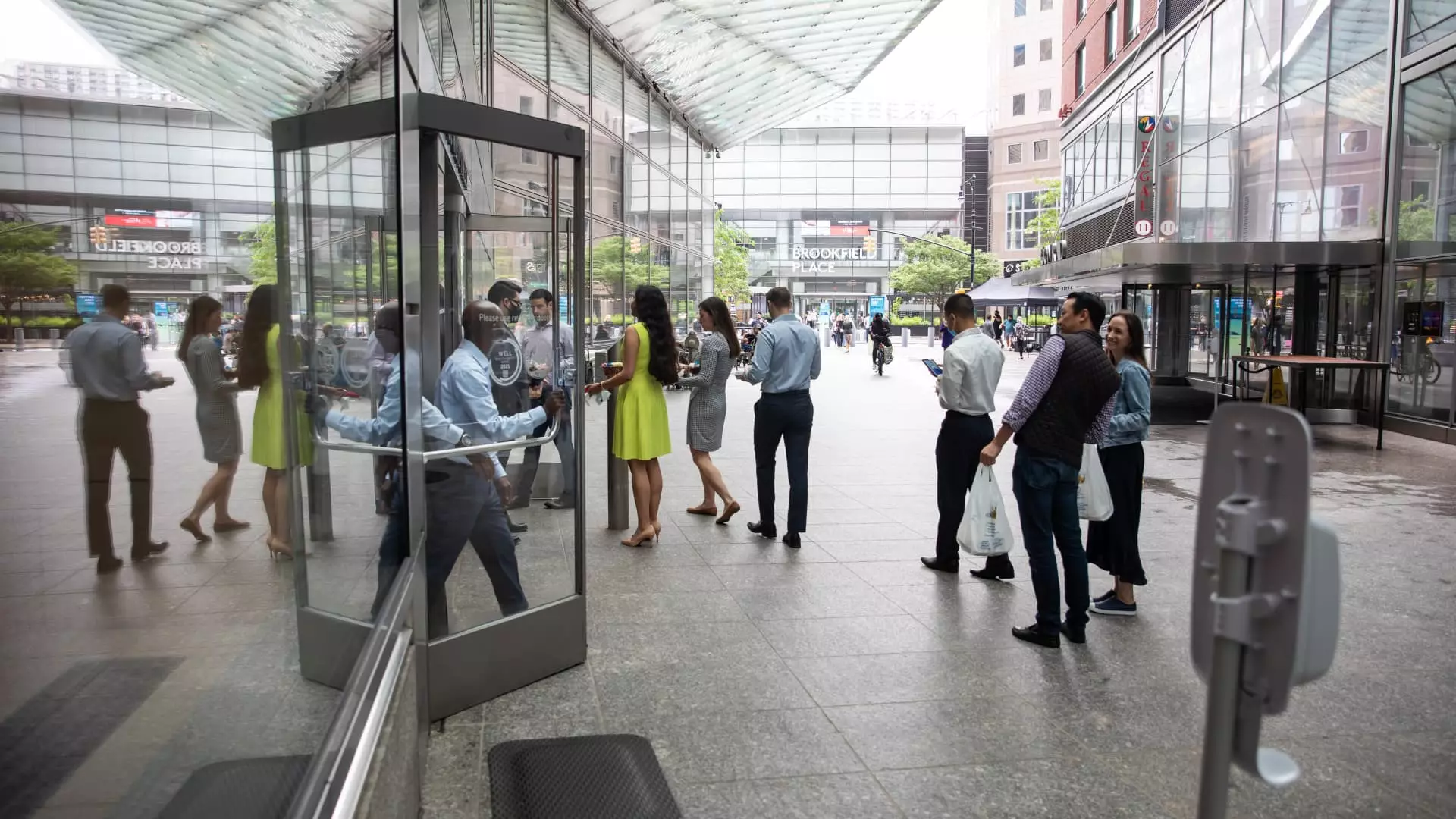A seismic shift is building within the corridors of America’s corporate powerhouses as a startling 62% of top executives predict a looming recession. The recent survey conducted by Chief Executive exposed this growing disquiet among 300 CEOs, illustrating a stark increase from 48% just a month prior. This isn’t mere speculation. It’s a resounding alarm bell, echoing through the boardrooms and investment strategies of some of the nation’s most influential leaders. As a proponent of center-right liberalism, I see this as a crucial moment for reflection and decisive action—not just for business leaders, but for policymakers who often appear disengaged from the realities faced by the very economic engines they oversee.
Tariff Turmoil and Economic Anxiety
The climate of uncertainty can largely be traced back to President Donald Trump’s inconsistent tariff policies, which have consistently rattled both financial markets and consumer confidence. This latest survey surfaced just as CEOs voiced their fears of heightened volatility caused by the chaotic nature of these policies. When roughly three-quarters of CEOs express concern that tariffs could negatively impact their businesses by 2025, it’s high time for an assessment of their long-term viability. The backlash against such tariffs isn’t merely a business challenge; it signals a fundamental misunderstanding of economics that could ripple through the nation’s economy, adversely affecting consumers and investors alike.
Moreover, economic indicators derived from the survey paint an increasingly grim picture. A 20% drop last month in CEOs’ views on current business conditions has not just set alarm bells ringing; it positions the confidence level at its lowest since the initial months of the pandemic. Beyond mere statistics, these numbers represent the existential angst gripping the hearts of business leaders who are wading into murky waters with little visibility of the horizon.
Cost Pressures and Profitability Concerns
Further complicating this already unstable landscape is the forecast of spiking operational costs. Over 80% of executives anticipate increases this year—many expecting double-digit jumps. The implications are staggering. With only 37% of CEOs believing that company profits will rise, down from 76% just months before, there is a palpable sense of urgency to recalibrate strategies. This signals a dangerous trend: a decline in profitability could lead to widespread downsizing, decreased investment in innovation, and a contraction of economic growth. Should this pattern persist, the implications would be far-reaching, affecting not just corporate balance sheets but the livelihoods of countless families dependent on stable employment.
While there were signs of optimism—over half of respondents forecast a brighter business environment over the next year—it’s essential to question whether these are grounded in tangible evidence or merely wishful thinking. Temporary exemptions from tariffs, like those announced for smartphones and PCs, may provide short-term relief but do not address the underlying need for a coherent and stable trade policy, which is crucial for long-term economic health.
The Role of Business Leaders in Shaping Economic Policy
In light of these findings, it is essential for business leaders to step beyond the realm of self-interest and engage with lawmakers to forge policies that promote both growth and stability. CEOs, particularly in organizations such as JPMorgan Chase and BlackRock, have the economic clout and moral imperative to advocate for sound trade policies that prioritize stability over volatility. Their recent warnings about potential earnings drops and negative growth should not merely serve as a wake-up call—they should galvanize action toward reform.
The perspectives shared in this survey illuminate a critical crossroads for American economic policy. The reality of a potential recession looms large, driven by erratic trade practices and increasing operational costs. Now is the time for corporate leaders to use their influence to advocate for an economic environment that fosters stability, prosperity, and the shared interests of the businesses and the consumers they ultimately serve. The future of the U.S. economy hinges not only on the market but on the proactive engagement of those at its helm.

